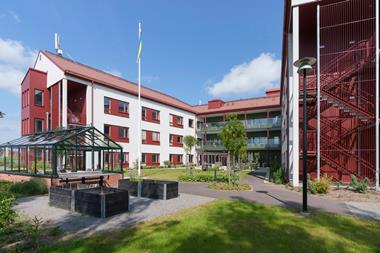Tokyo, New York and Los Angeles are the world’s largest real estate investment markets, according to the latest research by CBRE.
The real estate consultancy, which examined the relationship between city market size and capital flows into real estate for 122 cities around the world, said the world’s the largest commercial real estate investment markets, which also includes Paris and London, have a global stock of investable assets standing at $27.5trn (€23.3trn).
Key findings of the research indicated that Tokyo is the world’s largest single market with a total value of investable real estate of $711bn, followed by New York with a value of $657bn. Los Angeles’ value was $482bn.
The biggest European markets, Paris and London accounted for $342bn and $334bn respectively.
The research also highlighted that London, New York and Dallas were the most liquid markets as stock traded 8.6%, 7.1% and 7% respectively on a yearly basis.
Chris Ludeman, global president, capital markets at CBRE said: “The amount of stock available in each market is relevant to investors pursuing a global diversification strategy – a true market-neutral portfolio needs to be weighted by city size.”
Ludeman said most investors are not pursuing full global diversification, but many have a more tightly defined strategy such as ‘core real estate in global gateway cities’, adding that it is important for these investors to know the relative size of the key investment markets to ensure portfolio balance.
Also Thursday, a new report from the Property Industry Alliance (PIA) revealed that the value of UK commercial property has fallen by 4.6% in 2016 from the year earlier.
PIA, which is made up of nine UK property bodies, said the value of UK commercial property has fallen to £883bn in 2016 from £926bn in 2015, adding that the decrease occurred in the months following the EU referendum.
PIA’s chair Bill Hughes, head of real assets at Legal & General, said despite the fall in valuation, commercial property’s value accounts for around 40% the value of both the UK stock market and UK government bonds.
“Overall, commercial property still accounts for about 10% of the UK’s net wealth, similar to what was reported by the PIA last year,” Hughes said.
With the property industry contributing around £63bn to the UK economy last year, the report also showed that the commercial property accounts for 13% of the value of all buildings in the UK.
This report demonstrates that, despite the political uncertainties, the commercial property industry continues to contribute strongly to the UK economy in many ways, Hughes said.












